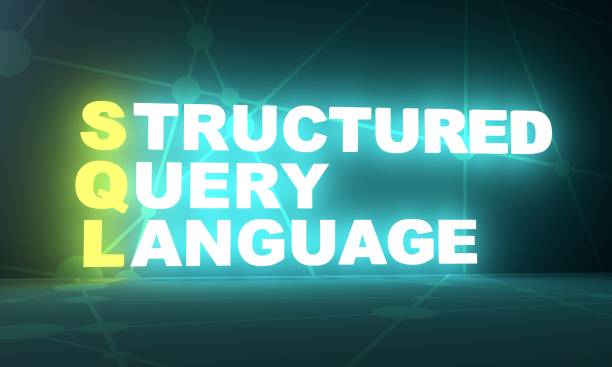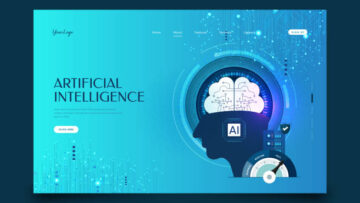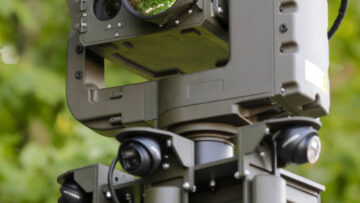Enterprise technical decision-makers in AI (AI) and the community of data gear up for VentureBeat’s renowned business AI program, VB Transform. We are thrilled to announce the winners of this year’s 5th annual AI Innovation Awards.
They will announce the winners in VentureBeat Chief Executive Officer Matt Marshall’s remarks at the closing of Transform’s main stage Transform on July 12 on July 12 in San Francisco. The comments will be live-streamed on our website.
Transform is a two-day in-person event on the 11th and 12th of July with experts from the industry and colleagues who will provide complete insight and the best practices for enterprise data journeys. Additionally, participants can build essential connections and broaden their networks.
On July 12, at an in-person event at the San City’s Marriott Marquis, VentureBeat will honor and recognize various types of excellence within AI through our 5th annual VB AI Innovation Awards. Winners will be announced in the categories below: Generative AI Innovator of the Year, the most effective implementation of enterprise-wide Generative AI, Most Promising Generative AI Startup, Generative AI Visionary, Generative AI Diversity, and Inclusion, as well as Generative AI Open Source Contribution.
The nominees are selected from our editorial content and our committee members’ knowledge, expertise, and experiences. Get ready to see the pioneers and game changers in the field of Artificial Intelligence that is generative are given the spotlight as we acknowledge their exceptional contributions.
Thank you to our nominee’s panel members for the direction and suggestions.
Matei Zaharia, co-founder and CTO at Databricks
Tonya Custis, director of AI research, Autodesk
Di Mayze, global head of AI and data, WPP
Prem Natarajan Chief scientist, director of Enterprise AI for Capital One. Capital One
Kalyan Veeramachaneni is the principal researcher at the MIT College of Computing.
Here are the nominees for each category:
Generative AI Innovator of the Year
This award goes to the business that advanced the capabilities of generative AI to the greatest extent over the last year and has demonstrated the most creative application using the tech. The winner must have developed an innovative application, platform, or service that showcases the immense potential of the generative AI technology in a unique and impactful manner.
DeepMind
Google in April bought the British-based AI and machine learning (ML) research laboratory DeepMind which has plans to tackle the threat of competition posed through OpenAI along with its groundbreaking ChatGPT. DeepMind, in June, launched AlphaDev, a special version of AlphaZero that has achieved the world’s biggest leap in understanding speedier sorting and hashing techniques. Based on a report released recently that a brand new system dubbed Gemini will integrate LLM technology with reinforcement learning techniques utilized in AlphaGo in the hope of bringing new capabilities for planning and problem-solving.
Nvidia
Today, Nvidia is synonymous with AI, Gartner analyst Chirag Dekate said to VentureBeat in February. The 2023 AI explosion of hype has launched large-scale model languages (LLMs), such as ChatGPT and DALL*E 2, into the mainstream. It could not have been achieved without Nvidia. Today’s huge computational AI models require thousands of GPUs to run. According to John Peddie Research, Nvidia holds around 88 percent of the GPU market. In reality, OpenAI reportedly employed the equivalent of 10,000 Nvidia GPUs to create ChatGPT. In the past, Snowflake and Nvidia have partnered to provide companies with the ability to develop customized and generative AI applications that are part of the Snowflake Data Cloud using a business’s data.
Inworld
Inworld AI can be described as an AI developer platform designed for metaverse and immersive reality spaces. AI powers its platform and creates virtual characters that populate immersive environments, such as in the metaverse VR/AR, games, and virtual worlds. Inworld AI uses advanced AI to create dynamic characters with personalities, thoughts, memories, and actions replicating human interactions.
OpenAI
Nowadays, OpenAI can be associated with the dynamic AI revolution that is taking place across all industries. It has made significant progress in the area of AI research as well as the creation of cutting-edge AI models, such as GPT-3, GPT-4, and DALL*E. The week before, OpenAI revealed that it would use one of its plug-ins developed in-house Code Interpreter and offer it to all ChatGPT Plus customers.
Anthropic
Anthropic It is an AI research and safety company that recently introduced the generative AI model. Claude is regarded as a potential competitor with OpenAI’s ChatGPT. In May, Anthropic announced the company had raked in $ 450 million from series C financing led by Spark Capital. This venture capital firm has invested in businesses like Twitter, Slack, and Coinbase.
Best Enterprise Implementation of Generative AI
This award will recognize the most successful enterprise business that has used generative AI technology in a truly transformative way.
Adobe
Adobe uses HTML0 and has utilized an algorithm called generative AI to improve its most popular publishing and content creation software. It has created a tool known as Adobe Sensei, an AI-based and machine learning (ML) learning platform that aims to help users work more effectively and efficiently using their creative assets. Adobe Sensei is utilized in several of Adobe’s most popular products. In June, Adobe clarified that it would bring Firefly, its AI that generates images which it claims is its only “commercially safe generative AI,” for enterprise customers.
Microsoft
Microsoft has been working to integrate the power of generative AI in its Microsoft Dynamics and Power platforms in the hopes of enabling applications for enterprises to harness the potential of generative AI. Microsoft has also rolled out its Copilot generative AI assistant throughout its Microsoft 365 suite of business collaboration and productivity apps. Recently, Microsoft announced the signing of a partnership with Moody’s. Moody uses Microsoft Azure OpenAI Microsoft Azure OpenAI service as an engine to unlock research data and the ability to assess risk.
Google Google has announced its version of ChatGPT, Bard. The company is testing different applications of intelligent AI through its campaign creation tools and has been working to make ads for paid searches more relevant to the queries. Google launched automatically-generated assets (ACAs), which analyze the landing page and advertisements to create new headlines and descriptors for the search engine. On April 1, Google bought the British-based AI and research lab in ML DeepMind and planned to tackle the threat of competition posed through OpenAI and ChatGPT.




